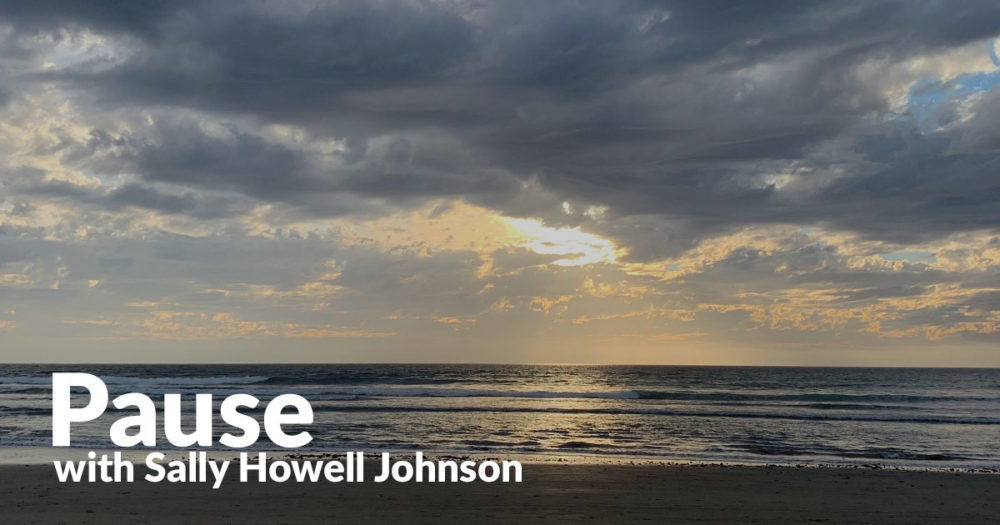This past week I was listening to a group of people talk about how a particular political situation might unfold. One person made the statement that has had my mind reeling all week.” It really will be about the art of the question.”, he said. Sensing they were in the presence of wisdom and poetic wisdom at that, the panel of people actually stopped talking and took a breath together, something rarely witnessed in the often dry, didactic ways in which these conversations go.
The art of the question. The shaping of a good question, one that will illicit deep truth, exceptional creativity, a longed-for hope, is indeed an art. Crafting a question takes time to listen to the inward, intuitive voice. After the listening comes the sorting of the words that want to elbow their way into the spotlight, gently pushing them aside in favor of those that linger at the back of the stage. Carefully, this word and then that one is chosen until the question begins to come to life. Sometimes words are shifted around, like a puzzle, until they fit just perfectly. Then, and only then, does the punctuation mark get its proper place at the end of the outflowing letters. Spoken with that lilt upward at the end of the sentence, this artfully created question can lead to a new path, an answered longing, a definitive affirmative or a confident negative.
Hearing the phrase ‘the art of the question’, reminded me of those early days as a parent when children came home from school and I would begin the interrogation of the day in which I had had no part. Asking what were probably quite artless questions, I received the artless answers the questions deserved. “How did it go today?” “Fine.” “What did you like best today?” ”Recess.” (Or the second favorite answer, ‘lunch’.) “Did you learn anything new?” “ No.” Sound familiar to anyone? Over the years I think I learned to ask more well crafted questions and began to get a clearer sense of how our sons’ days were unfolding at school. It was all about how I asked the question.
Asking questions implies a relationship that can run deep. Asking questions says to another person that we care about their opinion, their feelings, their experience. And when we ask our questions well we also forge a connection between our own life experience and a new understanding grows. I tend to believe this to be Spirit-work…work that holds relationships in a tension with the unseen More… and work our world sorely needs.
Reflecting on questions this week, I was reminded of some that have stuck with me. “To be or not to be? That is the question.”, Hamlet ponders. “Who do you say I am?”, asks Jesus. “Tell me, what do you plan to do with your one wild and precious life?”, writes poet Mary Oliver. Letting those three very different questions wrap themselves around me gives me pause and takes me in a million directions searching for the answers. This is only one of the gifts of a really good question. The asking allows the one who answers to reveal something deep and lasting and wonderful.
What questions are you walking with these days? Are the questions well formed or do they need the touch of your artist hand? Somehow I feel that these days in which we find ourselves will be best served by being present to the creative acts of listening, of crafting and asking good questions and listening, really listening, to the other. It is holy work. And just imagining it brings such hope for a way forward.


